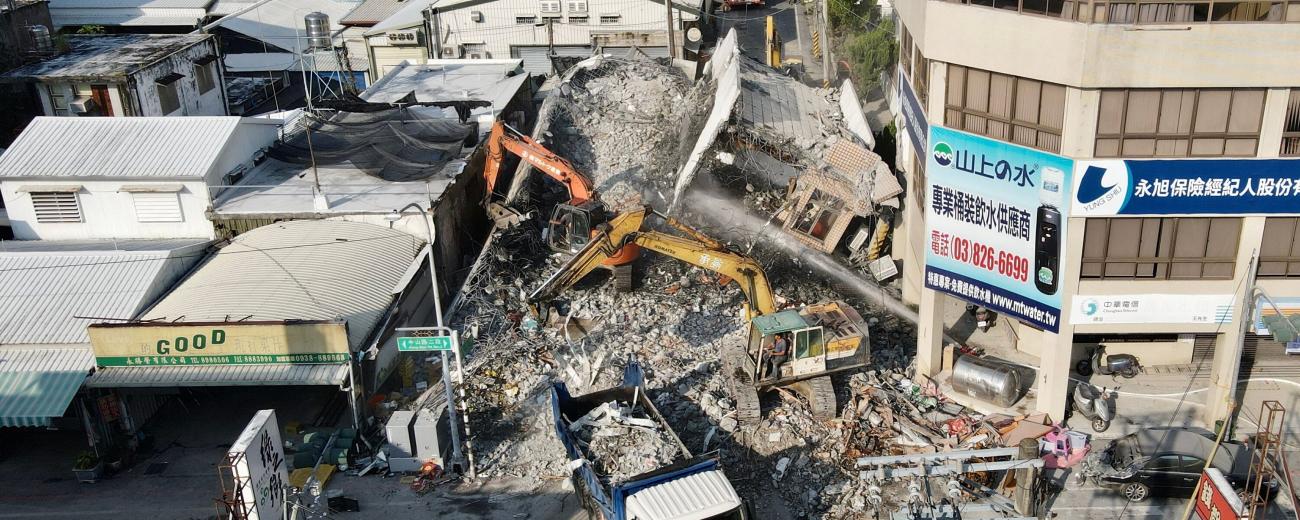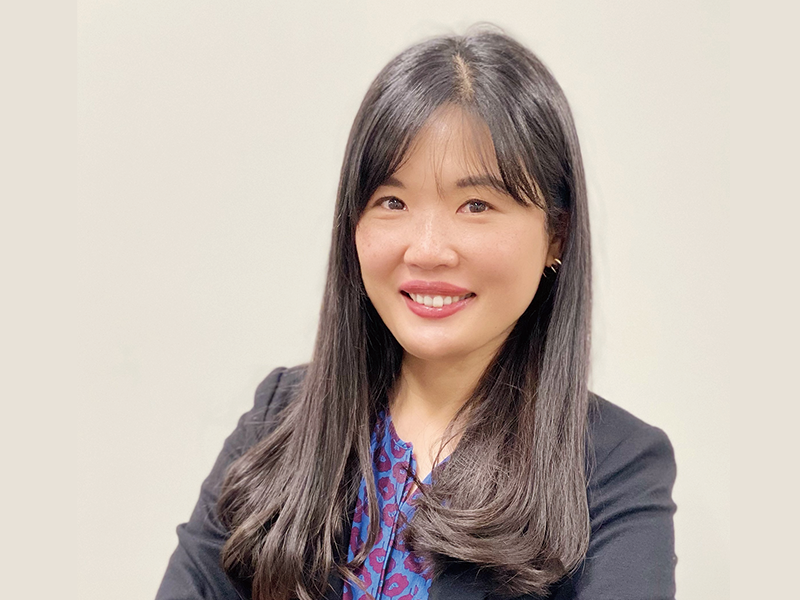
Disasters are not natural: The cultural and political role of Taiwan’s disaster journalism

Key information
- Date
- Time
-
1:00 pm to 2:30 pm
- Venue
- Main Building, SOAS University of London, 10 Thornhaugh St, London WC1H 0XG
- Room
- Djam Lecture Theatre (DLT)
About this event
This event analysis examines the rise of catastrophic natural events, disaster journalism, and the societal implications of media coverage of Typhoon Morakot in Taiwan, emphasising the need for alternative storytelling approaches to promote disaster preparedness.
An analysis of historical data spanning the past century demonstrates a significant surge in the occurrence of catastrophic natural events. These disruptive events have become a major journalistic subject often resulting in what Tamar Liebes calls “disaster marathons.” The continuous reporting of major disasters, either man-made or natural, typically strikes society by surprise and forces the public into uncertainty. Disaster journalism distinguishes itself as a specific genre with features of unpredictability, disintegration, and antiestablishment feelings.
Typhoon Morakot (2009) was the deadliest typhoon recorded in Taiwan’s history. Focusing on mainstream news coverage of this event, I argue that mediated natural disasters are “social dramas” as conceived by Victor Turner in which social actors employ different means and resources to compete for power. During the initial stage of breach, historical analogies of other disasters, such as the 921 Earthquake, were used to signal the severity of the typhoon. In the crisis stage, the news media called upon both foreign sources and public emotions to challenge the government and thus shifted the fixed state-press relationship. Finally, the government relied heavily on performative redressive rituals to achieve reintegration.
Studying disasters and their media representations reveals how a society establishes and maintains its political structure and cultural values. Nevertheless, when news coverage of natural disasters has little to do with nature and everything to do with human negotiations, it is important to adopt alternative story frameworks to promote public consciousness for disaster preparation and risk reduction.
Registration
This event is open to public and therefore there is no need to register.
Meet the speaker
Dr Chiao-Ning Su
Chiao-Ning Su is an associate professor in Communication, Journalism, and Public Relations at Oakland University. She also serves as the director of the Barry M. Klein Center for Culture and Globalization.
Her research focuses on two distinct yet interconnected research lines: journalism of crisis and journalism in crisis. While the first line examines the representation and production of crisis news, the second focuses on journalism in public life during an era of waning democracy. Her work has been published in Media, Culture and Society, International Journal of Communication, Asian Journal of Communication, and Taiwan Journal of Democracy, and Communication Review.

